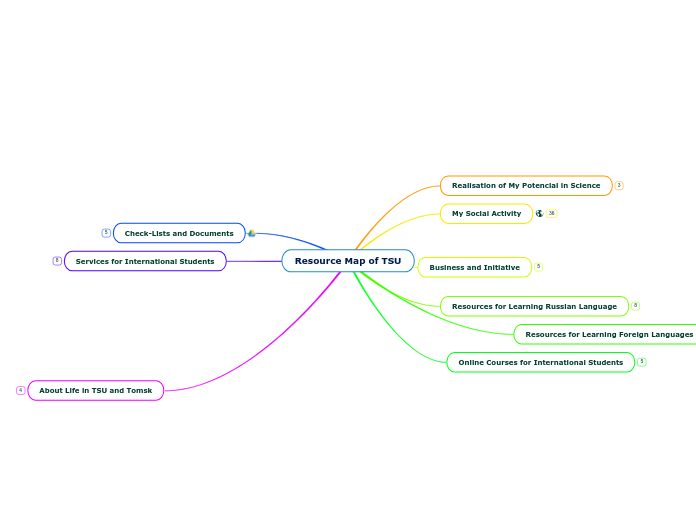によって Segundo Frigerio 11年前.
591
Cultural TP
Understanding and appreciating cultural diversity in the workplace is essential for fostering a harmonious and productive environment. By actively seeking knowledge about different cultures, employees can better understand their multicultural coworkers and international clients.









